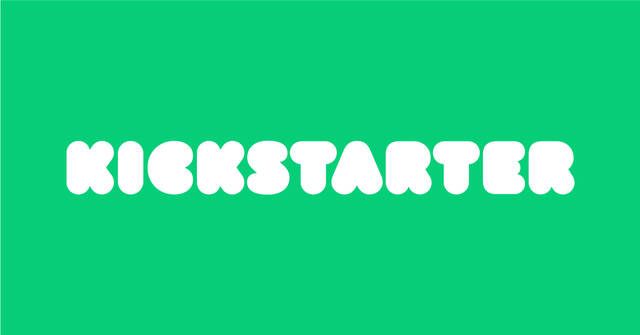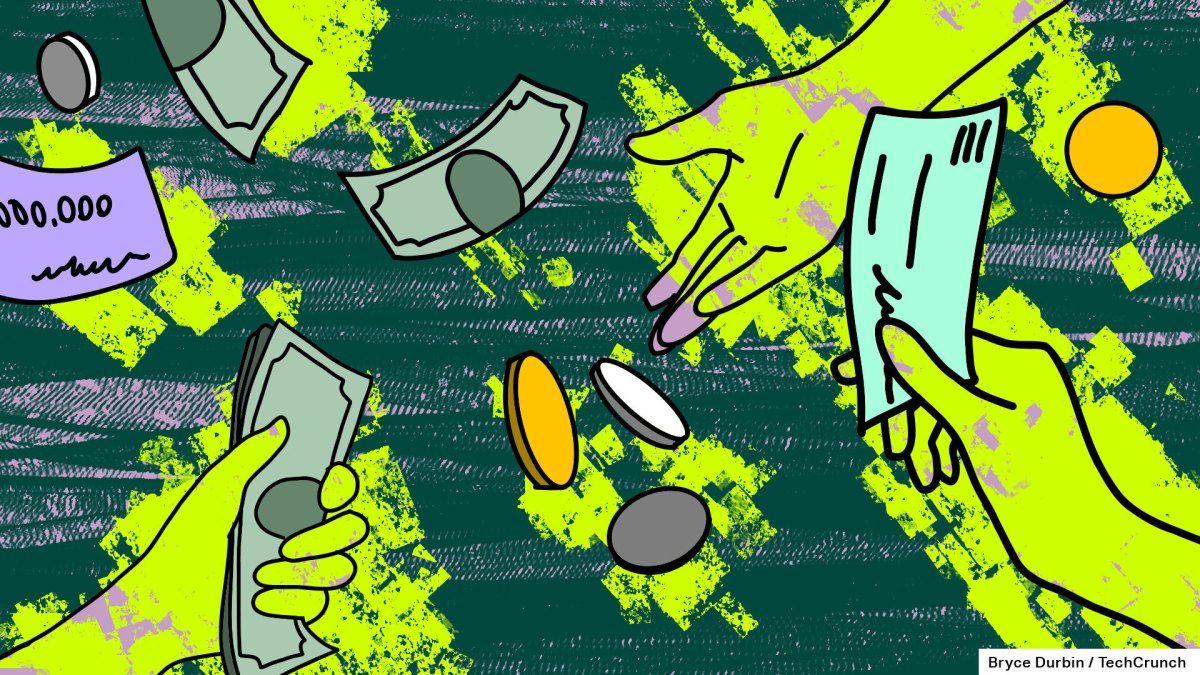
On December 4, 2012, I wrote in my column about a computer game that developer Chris Roberts was working on. What made that game different was that — uniquely for the time — it was crowd-funded via Kickstarter, and raised an astonishing 7 million dollars. As I write this over a decade later at the end of August 2024, the game still hasn’t been released, and it’s since raised over 700 million dollars.
Reading that old article, I was full of youthful exuberance about emerging video game technology that was pushing the limits of what had been done before, and the potential of crowdfunding platforms like Kickstarter, IndieGogo, and GoFundMe. In the intervening decade, Star Citizen has grown to become famous — or infamous, depending on who you talk to, and crowdfunding has become common for both small companies and groups as well as individuals.
Star Citizen is an interesting example of what can happen when a product is crowdfunded — (crowdfunding is when funds are raised through contributions of a group online), and what can happen when deadline-focused software publishers and massive “it must make money first and foremost” industry juggernauts aren’t in the picture.
Many products get their start on Kickstarter or one of the other platforms these days. It’s a good way for an inventor, product designer or software developer to quickly raise funds to get their product to market. People have also turned to it for help covering unforeseen expenses. However, it can be a buyer-beware situation, as it’s not unheard of for people to “take the money and run,” although there is protection against that these days. But even with the overwhelming majority of projects being legitimate, it can take time to get what you paid for.
Let’s take Star Citizen as an example. Detractors have said that Star Citizen is never coming out, while proponents have pointed out the tremendous progress the game has made over the last decade, specifically as a result of being free from corporate constraints.
In the case of Star Citizen specifically, no, it’s not vaporware. Yes, it’s been in development for a very long time. As someone who backed the game, I’ve been patiently waiting, satisfied by what I’ve seen. A lot of people aren’t so patient. From the perspective of Chris Roberts (who I spoke to for my original article), he’s probably like a kid in a candy store, free to pursue his vision. For a consumer, it’s a little more difficult — we don’t have a release date for something a lot of us have put money into. But that’s not to say we have nothing to show for it — the game — or pieces of it, have been in a playable state for years for those who have backed it — and there’s a lot of “there” there.
Something many people don’t understand in a time of instant gratification is that it can take a long time to build something great. Big companies are the same way. They want their profits now. We’ve all seen — and suffered from — the results of half-baked products or ideas. The great benefit of crowdfunding is that it detaches products from that cycle, and allows creators to build something truly great without a giant corporation breathing down their neck. But by the same token, that means you’re working on an artist’s timeline, which is not always ideal.
There are a lot of great and exciting projects on Kickstarter and Indiegogo that you won’t find anywhere else, and it can be a chance to get your hands on something truly special — if you’re willing to wait for it.
Nick DeLorenzo is the CTO of the Times Leader Media Group and CIO of MIDTC, LLC. He is from Mountain Top, Pennsylvania and has covered technology for the Times Leader since 2010.


